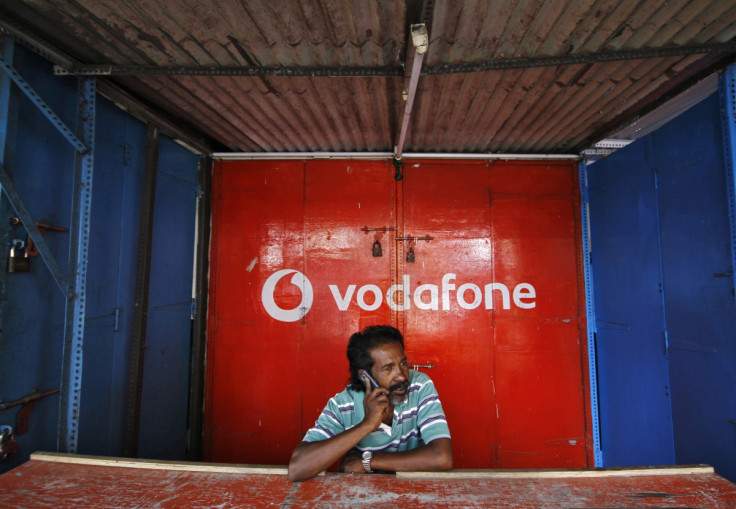Vodafone share tumbles as Liberty Global terminates merger talks

Vodafone's share price fell by more than 4% just minutes after the FTSE 100 opening bell on Monday morning (28 September), when the company announced it will not merge with Liberty Global.
Investors were discontent when Vodafone said that long talks with the US and German cable company didn't lead anywhere. The firm said: "Vodafone today announces that discussions with Liberty Global have terminated."
In June, the telecom giant confirmed it was in talks with Liberty, hinting at a shift in focus towards its Europe divisions. Initially, shareholders responded negatively to the news, although the company lifted up spirits when it showed operations in Germany were performing well.
The transaction to merge with Liberty would have been a complex one, especially after Vodafone acquired German cable company Unitymedia earlier in 2015. Then, regulators were already reluctant to give the go-ahead, and with Liberty, Vodafone would hold a very significant market share in Germany.
However, it would have allowed Vodafone to shift towards the US, where Liberty holds a large part of market share. The company reported it generated an operating income $2.2bn (£1.5bn) in its 2014 financial year. Holding assets of more than $72bn, the company is a steady party to merge with.
Michael van Dulken, analyst at Accendo Markets, commented that the shares might hold at the "critical" 210p level. He added: "News that ... Liberty has terminated talks over a proposed asset swap may dampen an attractive mergers and acquisition element but the prospect of it being merely a delay and bump on the road to a deal may mean negativity is only short-term."
The ended talks caused Vodafone to be one of the biggest fallers of the FTSE 100 on Monday, right behind commodity giant Glencore. Van Dulken said that the telecom firm might be the subject of bargain hunters on the stock market.
He added: "A recent bounce may have been scuppered by today's news, however, the resulting weakness may simply offer another opportunity to dial in to the wave of consolidation that has been sweeping through the European television and communications sector in recent years."
© Copyright IBTimes 2025. All rights reserved.






















